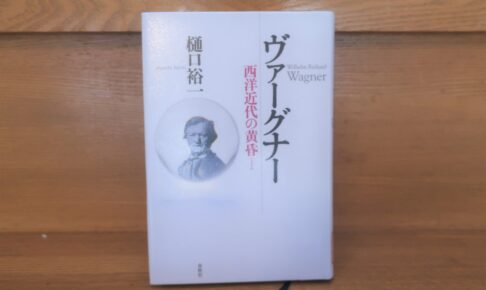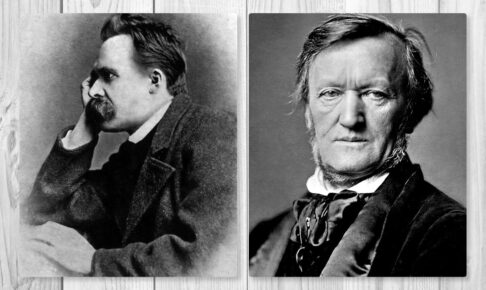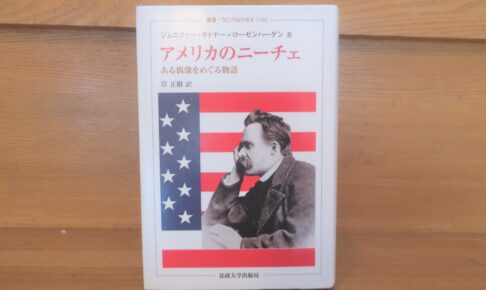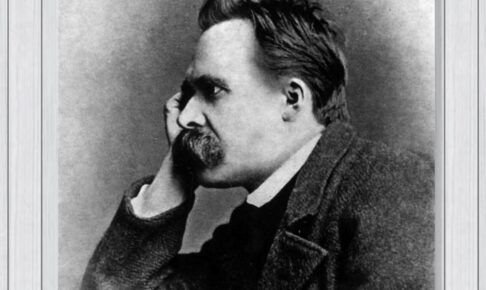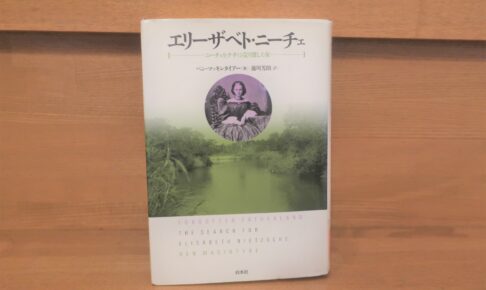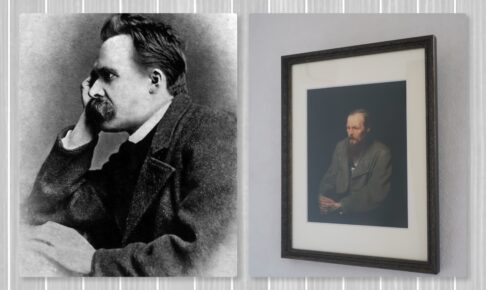Yuichi Higuchi, "Wagner: The Twilight of Western Modernity" - A recommended reference for understanding the characteristics of Wagner!
The book will also mention Marx, Dostoevsky, and Nietzsche.
The author will also talk about the relationship between Wagner and thought, literature, and philosophy, so the various genres are connected and very interesting.
The book is very interesting not only because of Wagner's life and characteristics, but also because of the history of Western culture. I was not familiar with classical music, but I found it very easy to understand and engrossing to read.
I struggled a lot with music classes in middle school and high school, but this book was a quick read for me. I thought I would have liked music more if these books had been textbooks, lol.












